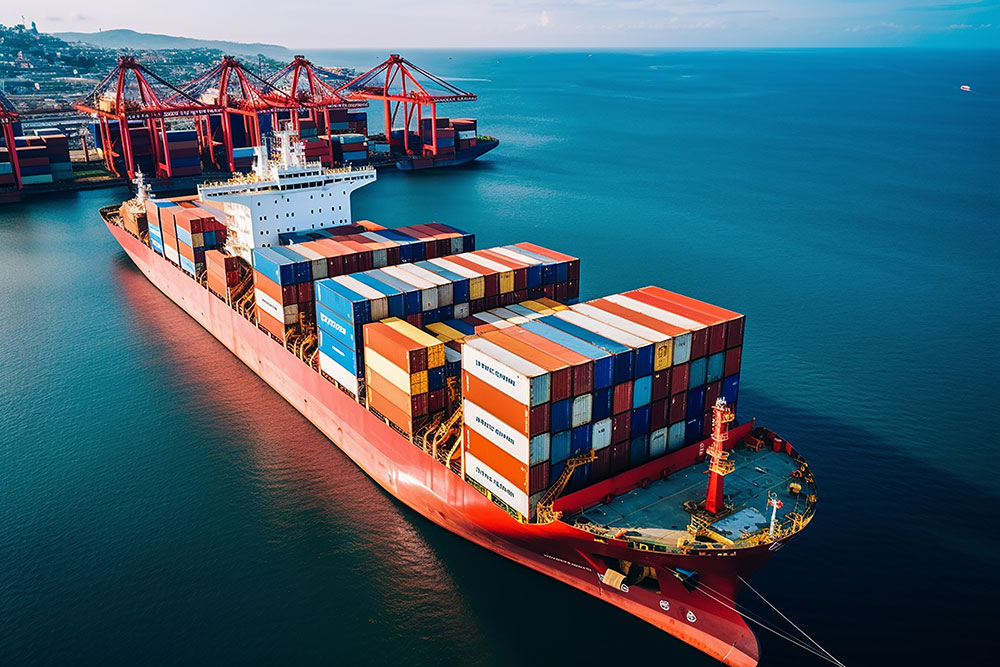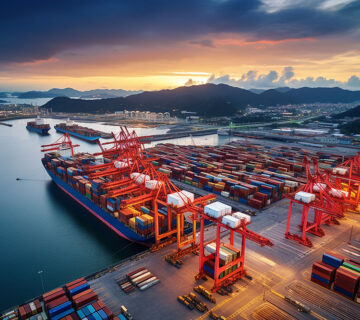Maritime transport plays a critical role in the economic development of nations, particularly those with access to the sea. By providing a reliable and cost-effective means of moving goods, maritime transport helps countries integrate into the global economy, stimulate trade, and promote economic growth.
Economic Integration and Trade Maritime transport facilitates the integration of national economies into the global marketplace by providing a vital link between producers and consumers across continents. Countries with efficient maritime infrastructure can easily export their goods to international markets, thereby increasing their trade volumes and expanding their economic influence. This integration is particularly beneficial for developing nations, as it allows them to access new markets, diversify their economies, and attract foreign investment.
Job Creation and Economic Growth The maritime transport sector is a significant source of employment, both directly and indirectly. Ports, shipyards, and shipping companies provide millions of jobs worldwide, contributing to economic stability and growth. Additionally, the demand for related services, such as logistics, customs clearance, and warehousing, creates further employment opportunities, stimulating local economies.
Revenue Generation Maritime transport is also a major source of revenue for governments. Taxes and fees collected from shipping activities, such as port duties, import/export tariffs, and maritime services, provide crucial income that can be reinvested in infrastructure, education, and public services. Moreover, countries with strategic maritime locations often benefit from the transit fees and services provided to ships passing through their waters.
Challenges and Opportunities While maritime transport offers numerous economic benefits, it also presents challenges. Developing and maintaining efficient port infrastructure requires significant investment, and countries must also address issues such as maritime security, environmental protection, and regulatory compliance. However, by embracing these challenges, nations can enhance their maritime capabilities and reap the long-term economic rewards.
Conclusion Maritime transport is a cornerstone of national economies, driving trade, creating jobs, and generating revenue. As countries continue to develop their maritime infrastructure and integrate into the global economy, the impact of maritime transport on economic growth will remain profound.



